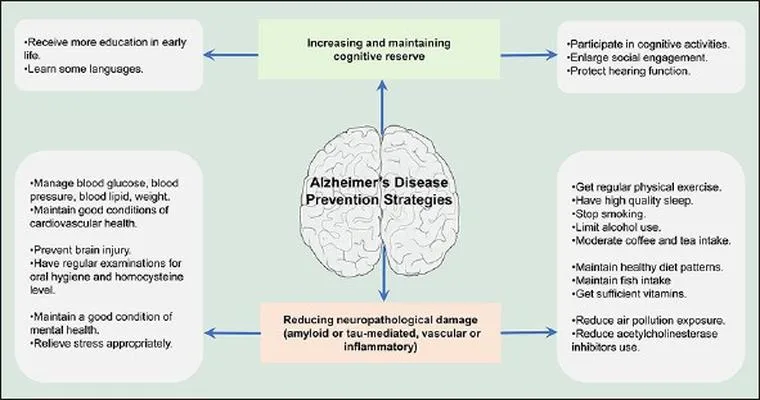Early onset dementia is a growing concern for many individuals and families. In recent discussions, "Dr. Oz" has highlighted several strategies to help "counter the risk" of developing this condition. By focusing on lifestyle changes, mental health, and preventive measures, Dr. Oz emphasizes the importance of taking proactive steps to maintain cognitive health.
One of the key factors in reducing the risk of early onset dementia is "maintaining a healthy diet". Dr. Oz advocates for a balanced diet rich in antioxidants, omega-3 fatty acids, and whole grains. Foods such as fish, leafy greens, nuts, and berries are known to support brain health. By incorporating these nutrient-dense foods into daily meals, individuals can improve their overall well-being and potentially lower their risk of cognitive decline.
In addition to diet, regular "physical exercise" plays a crucial role in countering the risk of dementia. Dr. Oz suggests that engaging in at least 150 minutes of moderate aerobic activity each week can significantly enhance brain function. Activities such as walking, swimming, or cycling not only strengthen the body but also promote blood circulation to the brain, which is vital for cognitive health.
Mental stimulation is another essential component in the fight against early onset dementia. Dr. Oz encourages individuals to challenge their brains regularly through puzzles, reading, and learning new skills. These activities help to create new neural pathways, which can enhance memory and cognitive abilities. Social interactions are equally important; maintaining strong relationships with family and friends can provide emotional support and mental engagement.
Managing "stress levels" is also highlighted by Dr. Oz as a critical factor in reducing dementia risk. Chronic stress has been shown to negatively impact brain health, leading to cognitive decline. Mindfulness practices such as meditation, yoga, and deep-breathing exercises can be effective in lowering stress and promoting mental clarity.
Lastly, Dr. Oz emphasizes the significance of regular health check-ups. Monitoring conditions such as hypertension, diabetes, and cholesterol levels is vital, as these factors can contribute to cognitive decline if left untreated. By working closely with healthcare providers, individuals can implement preventive measures to safeguard their brain health.
In conclusion, countering the risk of early onset dementia involves a multifaceted approach. By focusing on a healthy diet, regular exercise, mental stimulation, stress management, and routine health check-ups, individuals can take significant steps toward protecting their cognitive health. Dr. Oz's recommendations serve as a valuable guide for anyone looking to enhance their quality of life and reduce the likelihood of early onset dementia.





